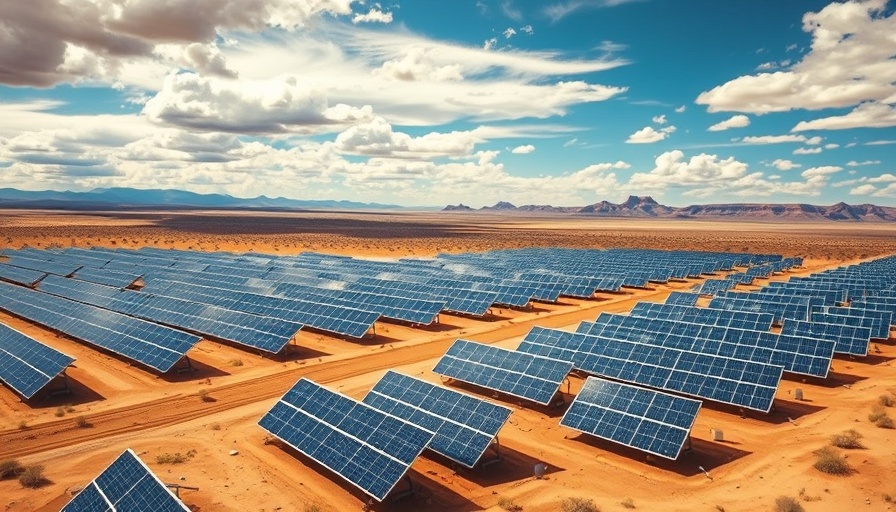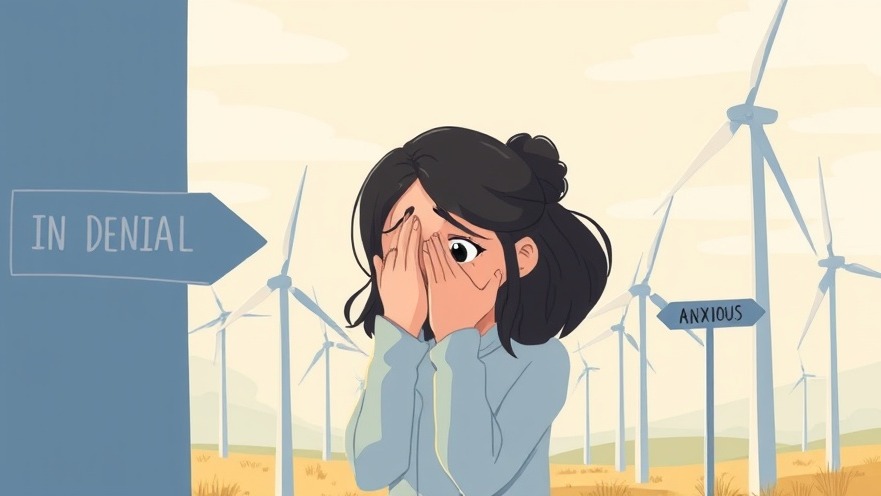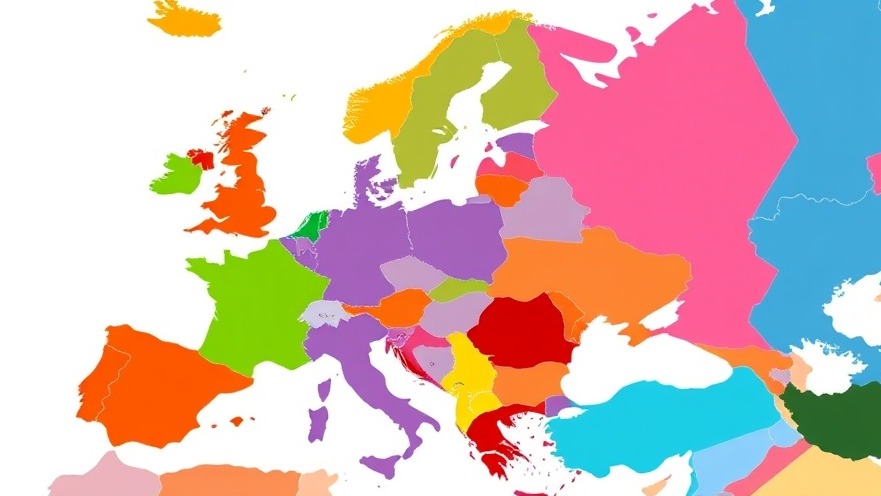
Senate Rollback of Clean Energy Tax Credits: An Unwise Decision
In a crucial move that could have seismic implications for the U.S. energy landscape, the Senate's recent draft legislation proposes eliminating or significantly reducing tax credits aimed at promoting clean energy. If enacted, these changes would dismantle vital incentives established under the Inflation Reduction Act, widely regarded as a cornerstone of the nation’s green energy strategy. Within just 180 days, consumers could lose the popular $7,500 electric vehicle tax credit, along with other rebates for solar installations and energy-efficient home upgrades.
Job Losses and Economic Impacts: A Predictable Outcome
Jason Grumet, CEO of America’s Clean Power, described the Senate's plan as a harbinger of rising electricity costs and significant job losses, particularly affecting Republican-dominated districts that are heavily invested in clean energy development. As the energy sector pivots towards sustainability, the rollback could jeopardize up to hundreds of thousands of jobs, driving technological advancements and economic growth overseas. This would be a pronounced setback for local economies witnessing the growth of renewable energy initiatives.
List of Key Tax Credit Changes Affecting Clean Energy Growth
The proposed legislation outlines specific modifications to existing incentives:
- Elimination of the $7,500 EV tax credit for consumers within six months, which supports the growing market for electric vehicles.
- Phase-out of federal tax credits for solar and wind power, where eligibility hinges on project timelines, forcing many initiatives to either rush construction or face diminished incentives.
- Sunset on tax credits for projects that do not begin construction before 2028, creating a ticking clock that could stymie innovation and long-term planning.
The Bigger Picture: Climate Crisis and Clean Energy
As climate awareness rises globally, the need for aggressive action to curb emissions has never been more urgent. Recent predictions warn that failing to embrace sustainable practices could exacerbate natural disasters and climate extremes—including heatwaves, floods, and wildfires. Rolling back financial support for clean energy threatens our progress toward sustainable development and resilient ecosystems, which are essential for mitigating these severe weather events.
Future Predictions: Where Do We Go From Here?
If this legislation passes, the implications for eco-conscious industries like boutique hospitality could be profound. Small-scale hotel owners, eco-lodge operators, and Airbnb hosts could face higher operational costs due to increased energy expenses, thus diminishing their competitive edge in an environmentally conscious market. Additionally, with the loss of incentives for eco-friendly upgrades, establishments won’t be able to meet growing consumer demand for sustainable choices.
Actionable Insights for Hospitality Professionals
Here’s what you can do to navigate this turbulent landscape:
- Stay Informed: Keep tabs on legislative changes and community programs that encourage clean energy.
- Invest Early: If you’re considering solar panels or EV infrastructure, act before the proposed cuts take effect.
- Market Your Efforts: Make sure to highlight your commitment to sustainability to attract eco-aware travelers.
How This Affects Local Ecosystems
Ultimately, this legislative push not only impacts economic interests but the very fabric of our ecosystem. Clean energy projects contribute to the preservation of vital resources, such as wildlife habitats, nature reserves, and coral reefs. As small-business leaders in hospitality consider their operational strategies, embracing sustainability is paramount. The fallout of fewer incentives may influence operational decisions significantly; thus, pursuing eco-friendly practices is not just ethical but vital for long-term viability.
Concluding Thoughts: The Path Forward
In the wake of this legislative initiative, it is imperative for industry leaders and concerned citizens alike to advocate for clean energy incentives. By raising awareness and supporting policies that promote sustainability, the potential damage from this proposed rollback can be mitigated. As a community of professionals focused on eco-conscious practices, let’s mobilize to protect our environment and economic prosperity!
 Add Row
Add Row  Add
Add 




Write A Comment